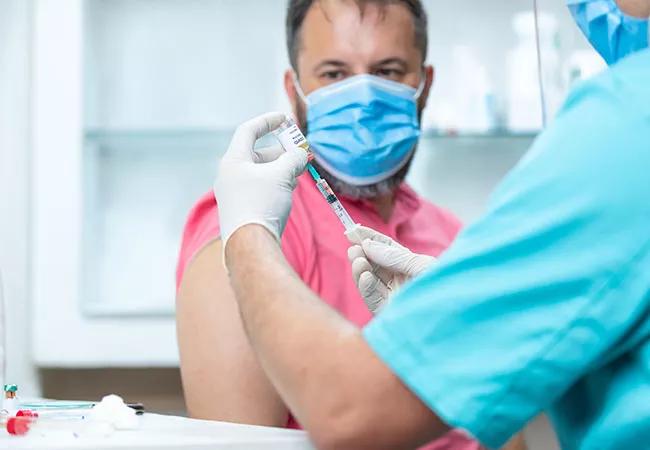
Anaphylactic reactions have been reported following COVID-19 vaccination, but as of now recommendations concerning the vaccines and their administration have not changed.
Cleveland Clinic is a non-profit academic medical center. Advertising on our site helps support our mission. We do not endorse non-Cleveland Clinic products or services. Policy
To date, the U.S. Food and Drug Administration has issued emergency use authorization for two COVID-19 vaccines. The Pfizer-BioNTech vaccine, recommended by the Centers for Disease Control and Prevention (CDC) for people age 16 and older, is 95% effective at preventing COVID-19 illness, according to clinical trial results. The Moderna vaccine, recommended by the CDC for people age 18 and older, is 94.1% effective.
The CDC advises that people not get vaccinated if they have had a severe allergic reaction to any ingredient in the vaccines.
In general, anaphylaxis occurs in 1.3 per 1 million vaccinations, but it appears to occur somewhat more frequently after COVID-19 vaccination, notes David M. Lang, MD, Chair of the Department of Allergy and Clinical Immunology in Cleveland Clinic’s Respiratory Institute.
According to the CDC, 21 cases of anaphylaxis have been reported following the nearly 1.9 million Pfizer-BioNTech vaccinations administered in the U.S. as of Dec. 23, 2020. That’s a rate of 11.1 per 1 million vaccinations.
“Even though there is a risk of anaphylaxis, it’s still very small — and the potential for benefit from COVID-19 vaccination clearly exceeds the potential for harm,” says Dr. Lang. “The situation is evolving, however, and we’ll learn more as we gain more experience with these vaccines.”
The etiology for the cases of anaphylaxis likely entails IgE-mediated (allergic/anaphylactic) reaction to polyethylene glycol (PEG), an ingredient in the vaccines, says Dr. Lang. Whether some of the reactions are occurring via another mechanism is unclear at this time.
Reports of allergic reaction may increase patients’ hesitancy to receive the COVID-19 vaccine. Dr. Lang addresses concerns by educating patients on the infrequency of adverse reactions and the truth about common vaccination myths.
“Many times, patients claim they got sick from a vaccine, when they’re really referring to a natural immune response from the vaccine,” he says. “Fever, chills and muscle aches can occur within 36 hours of vaccination because a patient’s immune system is responding appropriately in developing immunity after receiving the vaccine. It’s not an allergic reaction.”
Patients may need reassurance that delayed reactions due to immune response, as well as fatigue, soreness at the injection site and vasovagal reactions, are not cause for avoiding COVID-19 vaccination. This is especially important if a reaction occurs after the first dose of the two-dose COVID-19 vaccination regimen, he notes.
Only patients with a known allergy to PEG or another vaccine component should be excluded from COVID-19 vaccination, according to the CDC. Those who have a severe allergic reaction after the first shot shouldn’t get the second shot.
Patients who have had a severe allergic reaction to another vaccine or injectable medication — or those who have had anaphylaxis from any cause — should receive the COVID-19 vaccine followed by a 30-minute observation period in a setting where personnel, equipment and supplies are present to manage anaphylaxis if needed.
“Anaphylaxis commonly occurs within 30 minutes of exposure and would be unusual after 60 minutes,” says Dr. Lang.
According to the CDC, patients with allergies to other medications, foods or inhalants can receive the COVID-19 vaccine with normal precautions, typically a 15-minute observation period.
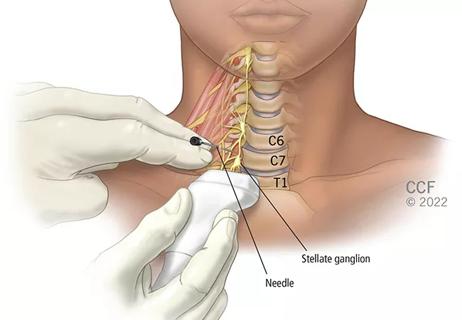
Patients report improved sense of smell and taste
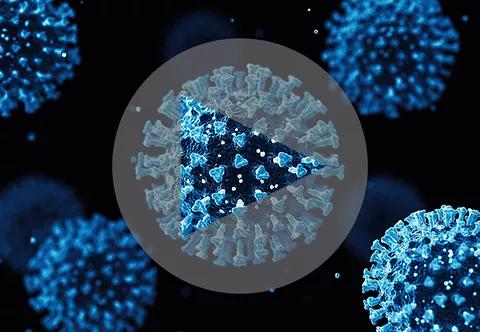
Clinicians who are accustomed to uncertainty can do well by patients
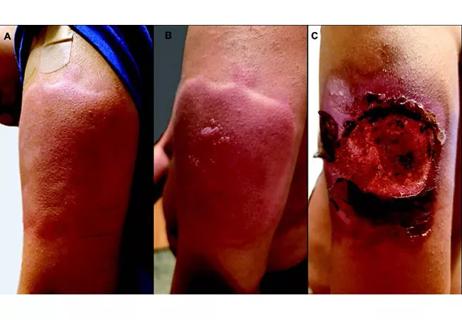
Unique skin changes can occur after infection or vaccine

Cleveland Clinic analysis suggests that obtaining care for the virus might reveal a previously undiagnosed condition
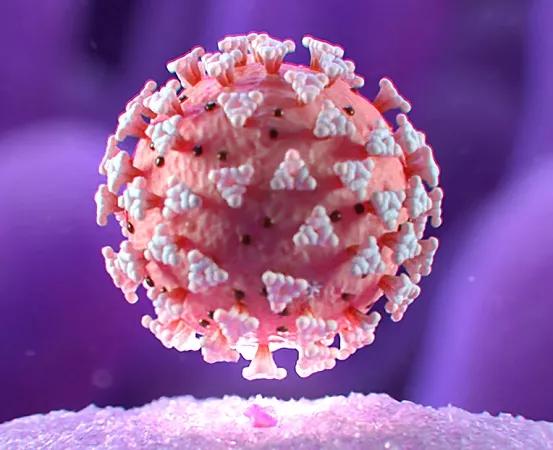
As the pandemic evolves, rheumatologists must continue to be mindful of most vulnerable patients
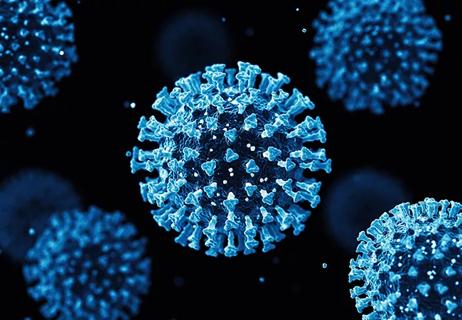
Early results suggest positive outcomes from COVID-19 PrEP treatment
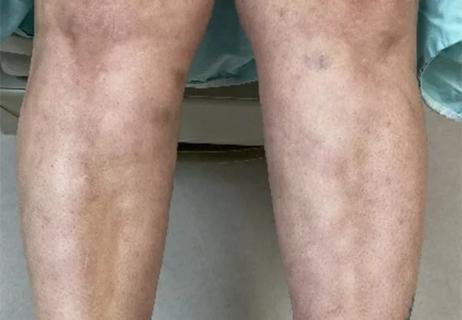
Could the virus have caused the condition or triggered previously undiagnosed disease?
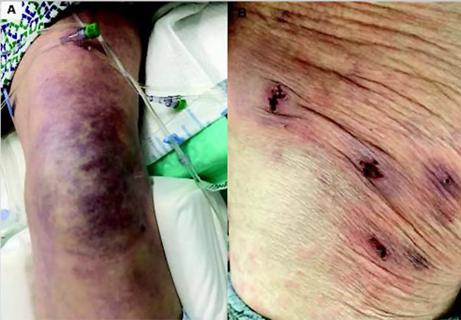
Five categories of cutaneous abnormalities are associated with COVID-19